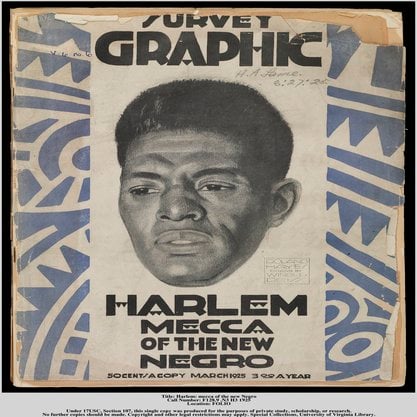Article
Wilson, Edmund (1895–1972) By Copeland, David
Article
American literary critic, editor, playwright, novelist and journalist Edmund Wilson’s key critical texts trace the development of twentieth-century Anglo-American writing. Wilson’s Axel’s Castle: A Study in the Imaginative Literature of 1870–1930 (1931), through which a ‘generation discovered modern literature’ (Dabney 158), was the culmination of his first and most influential period as an arbiter of cultural taste. Charting its authors’ absorption of symbolist technique, particularly their privileging of image and the formal properties of music, and its consequent impact on readership, Wilson found aesthetic unity in writing which eschewed the narrative connectives that readers of prose and poetry had come to expect.


